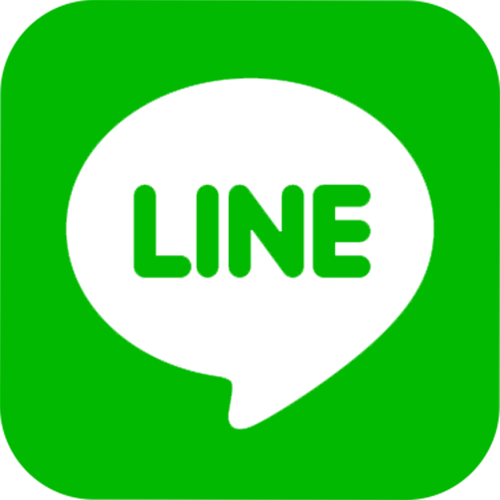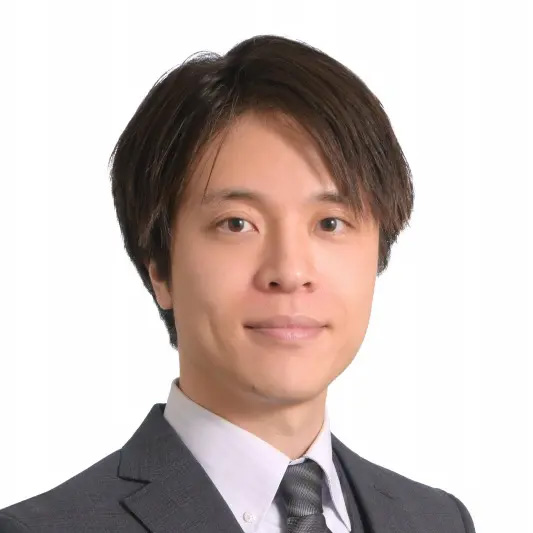How Effective is English Education in International Preschools? -Plans and Policies Looking to the Future-
In recent years, although more and more childcare facilities and kindergartens are introducing English education, it seems that many parents, and even teachers, lack awareness about the significance and effects of English education.
In this article, I would like to discuss English education in early childhood and the recent introduction of English education into childcare facilities, as well as the current state of licensed childcare facilities and international preschools.
English Education for Increasingly Younger Children
No so long ago, English was taught starting in the first year of junior high, and all the students started learning it together. As interest in English education increased, foreign teachers were hired, that is, ALTs (Assistant Language Teachers) to support this English education, and then, in 2020, the start of English classes (foreign language activities) was lowered to the third grade of elementary school.
This policy for the start of English classes is in line with the "Courses of Study" established by the Ministry of Education, Culture, Sports, Science and Technology, and is not something that can be decided on by each elementary school, rather, all schools will follow this new national regulation.
At the same time, English education services from private institutions, and the market for early childhood English education has been growing significantly.
Let's take a look at the trends from 2013 to 2022 in numbers.
(Units: billion yen)
References:
語学ビジネス市場に関する調査結果 2023(2022年度)|語学ビジネス市場に関する調査結果 2022(2021年度)|語学ビジネス市場に関する調査結果 2021(2020年度)|語学ビジネス市場に関する調査結果 2020(2019年度)|語学ビジネス市場に関する調査結果 2019(2018年度)|語学ビジネス市場に関する調査結果 2018(2017年度)|語学ビジネス市場に関する調査結果 2017(2016年度)|語学ビジネス市場に関する調査結果 2016(2015年度)|語学ビジネス市場に関する調査結果 2015(2014年度)
Despite growth in the market for early childhood English education, the market for "Foreign Language Classes for Infants/Children (excluding international preschool)" is shrinking, is that because teaching English at an early age is not effective? On the other hand, the "international preschool market" for early childhood English education has continued to grow steadily, although growth did slow temporarily, perhaps due to the effects of Covid 19.
In Japan, educational expenses per child have been increasing significantly, as if in inverse proportion to the decrease in the number of children, so it is likely parents have been sending their children to International Preschools (with high daycare and tuition fees) rather than to foreign language classes, which seem to be ineffective.
Source: 子供の減少と相反する 一人あたり教育費の増加
Furthermore, according to the research results of Professor James Heckman, who won the Nobel Prize in Economics, the best return on investment in children's education is from preschool education, before the child enters elementary school. Therefore, effective education from an early age is worth spending money on.
What Kind of Early Childhood English Education is Effective?
Before examining what kind of early childhood English education is effective, I would like to take a look at the current situation of English education in childcare facilities.
The Current Situation of English Education in Childcare Facilities
General childcare facilities in Japan are usually licensed and although many of them incorporate some English education, currently, it is quite limited. (Recently, corporate led childcare facilities / 企業主導型保育施設 have been increasing, and these are generally unlicensed.)
Licensed childcare facilities receive large subsidies for operating expenses (and maintenance costs) from the national and local governments, but they don't set the childcare fees themselves, nor do they receive the fees from parents/guardians as income. Therefore, the only revenue for licensed childcare facilities is from subsidies (with some exceptions). Once they have enough qualified childcare workers to meet government requirements, they can hire staff that doesn't have childcare qualifications.
Licensed childcare facilities, therefore, only get revenue from subsidies and the only way for them to increase profits is to reduce expenses. Even if they wanted to hire foreign teachers and improve their English education, it would not result in increased revenue, only in increased expenses. In addition, even though large amounts of income are provided by government subsidies, it’s not enough to hire extra English teachers.
This is also the reason why there are almost no licensed international preschools.
Therefore, most international preschools are unlicensed childcare facilities, and even among those that are licensed, the reality is that most of them have very few foreign teachers.
This situation means that English-language education in licensed childcare facilities is infrequent and short, with occasional English lessons and Eurhythmics taught by instructors dispatched to the school. This is not an effective way to learn English, and it does not help children to become familiar with English.
The Current Situation of English Conversation Schools
There are many English conversation schools for children. Although I am sure each school is working hard to improve its curriculum and programs, it is still very hard for students to cultivate real-life English skills.
This is the case not only for children, even adults attending English conversation schools find that lessons once a week are simply not enough to learn to speak English. In addition, textbook-based lessons are not able to provide practical English skills for daily life. Many schools offer Eiken classes, grammar classes, etc., that are intended to improve English skills in preparation for English exams and advancement to higher education.
Setting Long-term Goals and Making Plans for English Education
What we, as parents, need to think about and understand, is the need to set goals and make plans regarding our child's English education and how it will affect their future.
For example, it doesn't seem like many parents have clear goals for their children to study abroad or to work or live abroad in the future. When children are young, it’s not really possible to know what kind of future they will choose for themselves and how much English they will need.
Nevertheless, as parents, it’s our job to do everything we can to prepare our children so that their future life choices will not be unduly limited. With that in mind, although "English" is just one skill (or tool), there is no doubt that learning English will greatly expand their future options. This is true not only in terms of future work, but also in terms of where they will live, who they will communicate with, and from which language will they obtain information, etc.
If your purpose is simply to prepare your child for the English classes that start in elementary school, occasional lessons at daycare and weekly lessons at an English conversation school might be enough. However, if you have more concrete plans for the future, I think that there are many advantages and few disadvantages to focusing on better English education in early childhood.
On the other hand, it’s true that English is simply a skill and it is possible to become proficient at it even if you start later in life, although this may be more difficult. Therefore, although the benefits of early childhood English education are great, parents are faced with the question of whether they should choose a childcare facility for its English education alone.
Based on what we have discussed so far, the ideal is an international preschool that is "firmly centered around English education", yet "values and provides both childcare and education, including social skills, etc. which are so necessary in the childhood years".
Let’s take a closer look at this kind of international preschool.
The Ideal International Preschool to Provide English Skills and Interpersonal Skills
As mentioned in the above article, international preschools, which are increasing nationwide, are childcare facilities and kindergartens that provide both childcare and education in English.
Whether or not an international preschool provides high-quality English education and childcare/education that helps children develop interpersonal skills, depends on what kind of systems the school has implemented.
If it runs full time, 5 days a week, it has a strong foundation to provide high level education, both in term of quality and quantity. However, if parents want to support their child's development at home, and preschool is only for English education, 5 days a week, shorter hour programs might be a better choice.
The preschool that I run in Naka Ward, Yokohama, CGK International school has the following features.
Though our consultation services, we want to gradually help others build preschools like this across the country, not just in Yokohama.
In Summary
As parents, what do you think? You may have learned some surprising new facts about English education in preschools.
I hope that by increasing your knowledge of early childhood English education, you will be in a better position to make decisions about English education which will lead to better support for your child's future.
Author Profile
-

-
Minoru Kai - School President, CGK International School (Japan)

Born in 1984, father to two children.
After residence and stay in Australia, Canada and America, worked at an advertising agency concurrently in overseas exhibition work and domestic advertising work.
He also founded CGK International School (Yokohama) from scratch as the president and provides management consulting for international schools.


















